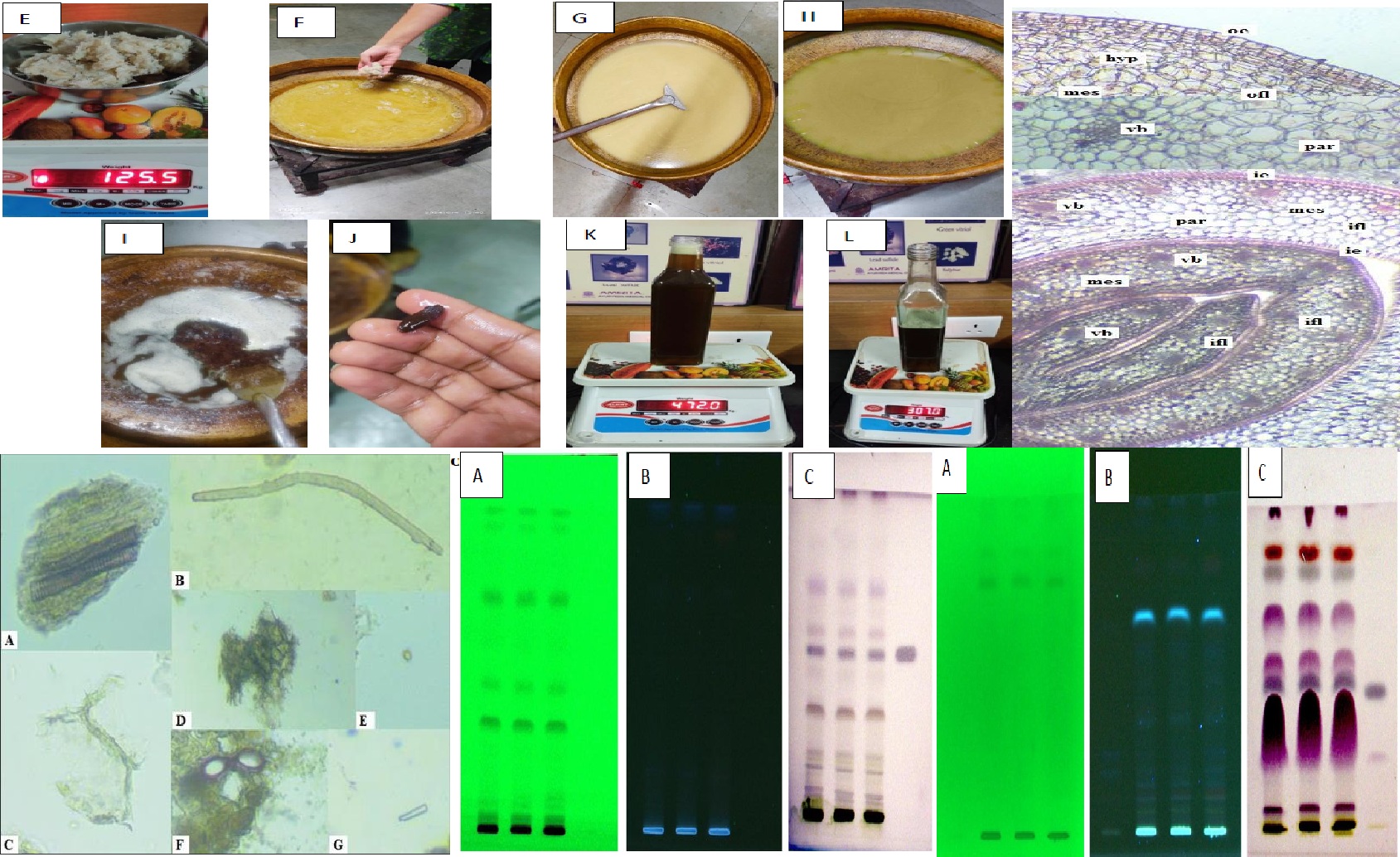Quantification and Bioaccessibility of β-Sitosterol in Lasuna (Allium sativum Linn) Before and After Processed with Taila and its Bioavailability Using CACO-2 Cell Lines
DOI:
https://doi.org/10.47070/ijapr.v13i3.3599Keywords:
Taila, Lasuna, Allium sativum, β-sitosterol, Bioavailability, Bioaccessibility, CACO-2 Cell Lines.Abstract
Lasuna (Allium sativum Linn) is a potent herb, which is widely used in food and in various Ayurvedic formulations. Acharya recommends the use of Lasuna in raw and in processed form. Acaryas have advised to process Lasuna along with Taila in various contexts. As per the studies, the active phytoconstituents of Lasuna tends to decrease as a result of thermal processing. Previous studies reveal the abundance of a phytosterol named β-sitosterol in Lasuna. Based on the recent studies, β-sitosterol possess thermal stability and hydrophobicity and are less bioavailable. β-sitosterol was found to a lipophilic phytonutrient. Since lipophilic phytonutrients are absorbed only after emulsification and micellization, it is necessary to add the raw drug into a suitable vehicle for facilitating the solubility of the lipophilic phytonutrient for improving the solubility and bioavailability. This research aims to determine if the processing of Lasuna with Taila possess the ability to enhance the quantity, bioaccessibility and Bioavailability of β-sitosterol.
Downloads




